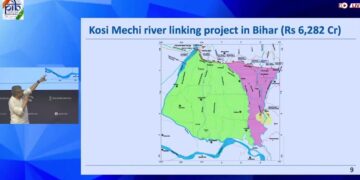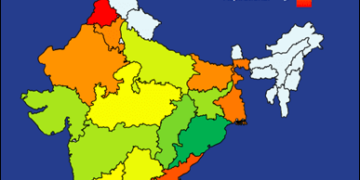Bihar is poised to become the first state to witness the political consequences of the Centre’s landmark decision to include caste enumeration in the national census. This move, announced by the NDA government led by Prime Minister Narendra Modi, comes as Bihar heads into a high-stakes assembly election later this year, where caste politics and social justice issues remain at the core of political mobilisation.
Bihar’s Role in Shaping the Caste Census Debate
- Bihar was the first state to formally demand a caste census, with an all-party delegation led by Chief Minister Nitish Kumar meeting the Prime Minister in August 2021 to press the issue.
- When the Centre initially declined, the Bihar government conducted its own caste-based survey in 2022, releasing findings in October 2023 that showed OBCs and EBCs together make up over 63% of the state’s population.
- Following the survey, Bihar increased reservation quotas from 50% to 65%, but the move was later struck down by the Patna High Court, returning the state to the previous reservation formula.
Political Stakes and Reactions
- The Centre’s announcement is seen as a “masterstroke” by the BJP, aiming to blunt the opposition’s narrative and appeal to OBC and EBC voters, who form a majority in Bihar.
- Opposition parties like the RJD and Congress, long-time advocates for a caste census, now face the challenge of recalibrating their strategies as the NDA claims credit for the move.
- RJD leader Tejashwi Prasad Yadav asserts that the Centre’s decision is a victory for his party’s ideology, while BJP leaders argue the move reflects the government’s commitment to social justice.
- Experts suggest the BJP hopes to make inroads among non-Yadav OBC and EBC voters, where vote transfers from JD(U) have not always been smooth.
Implications for Voters and Policymakers
- The outcome of the Bihar assembly election will serve as a national test case for the political impact of caste-based census data.
- Voters should watch how parties translate census data into policy, particularly regarding reservation, welfare schemes, and representation.
- Questions remain about when the census will be conducted, how its findings will be implemented, and whether further legal or constitutional steps will follow.
Actionable Takeaway: Bihar residents should stay informed about both the census process and the policy promises made by all major parties. The real impact will depend on how data is used to address social inequalities, not just on electoral rhetoric.


















